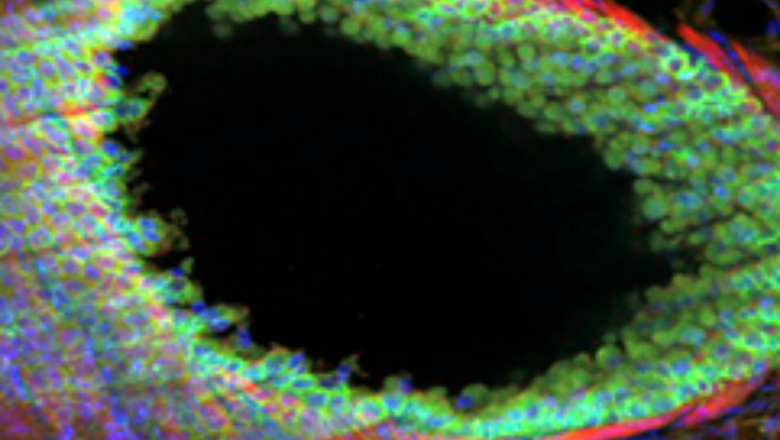New knowledge generated here has the potential to influence our understanding of different physiological processes mediated by mechanical forces. We know that there are specialised proteins on cell surfaces that hold cells together and can recognise and react to mechanical forces from different origins. We want to investigate how exactly they work with each other to translate the physical cues they experience into biochemical messages in order to trigger an appropriate downstream biological response.
Professor Ulrike Eggert, King’s College London
05 October 2020
Researchers awarded £3.5m to study how certain cells use and resist force
Researchers have long understood that biochemical signals affect cells, and recently it has been recognised that mechanical forces regulate a wide variety of biological processes, ranging from the expansion of our lungs when we breathe, to the extension of our skin every time that we stretch an arm.

Researchers from King’s College London, Bristol University and University College London, have been awarded a £3.5m grant from the BBSRC to develop an integrated understanding of these bodily forces, known as mechanobiology, and how they influence our physiology.
The multidisciplinary team aim to better understand mechanobiology through the careful experimental analysis of single molecules, cells, tissues and ultimately whole organisms under a variety of different conditions using a cutting-edge combination of techniques including 3D tissue culture, optogenetics and novel DNA-based mechanosensors. This integrated approach requires strategies from different areas of science.
"Understanding how our bodies sense and respond to mechanical forces requires the many different skills of our team, from physics to chemistry and biology and from single molecules in cells to cell and tissue imaging." - Professor Anne Ridley, Project Lead, Bristol University



